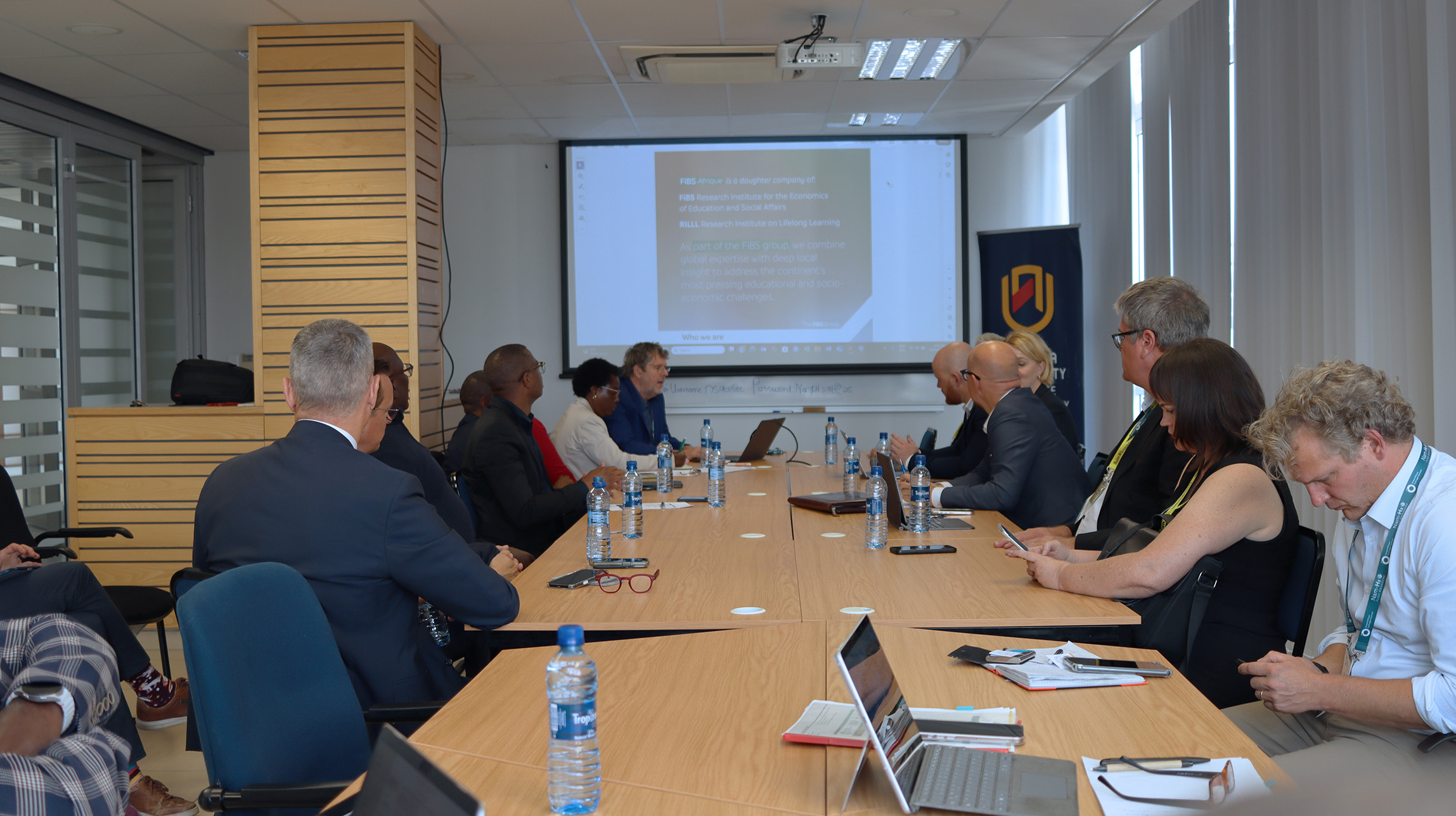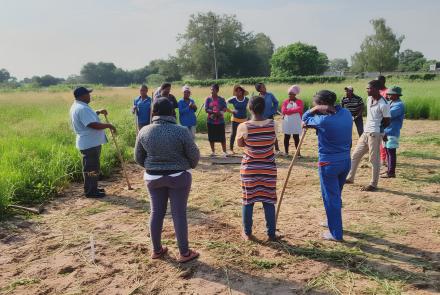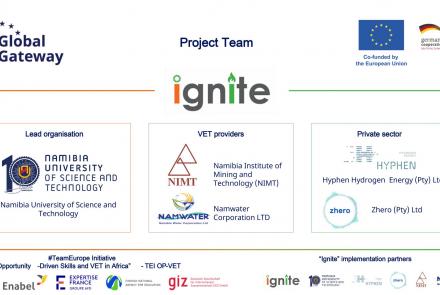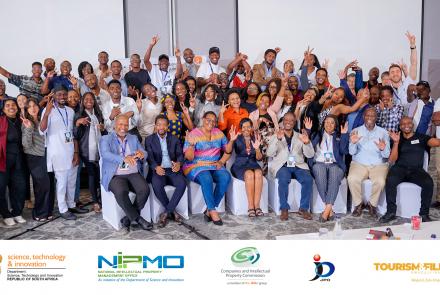German Delegation Visits NUST for Green Hydrogen Collaboration
NUST recently welcomed a high-level delegation from the Southern African German Chamber of Commerce and Industry, in collaboration with Afrika Verein. The purpose of the visit was to explore strategic partnerships to advance Namibia’s green hydrogen sector.
Afrika Verein is a foreign trade organisation dedicated to promoting economic relations between Germany and African countries. The discussions highlighted NUST’s Lüderitz Campus, strategically located at the heart of Namibia’s ambitions to become a green hydrogen hub.
The delegation included representatives from FiBS (a research institute for education economics and social affairs), Talentsbridge (a German apprenticeship initiative piloting in Namibia), and TÜV Rheinland Akademie (an internationally accredited certification body). These institutions bring extensive expertise in skills training, certification, and research key components for Namibia’s emerging hydrogen industry.
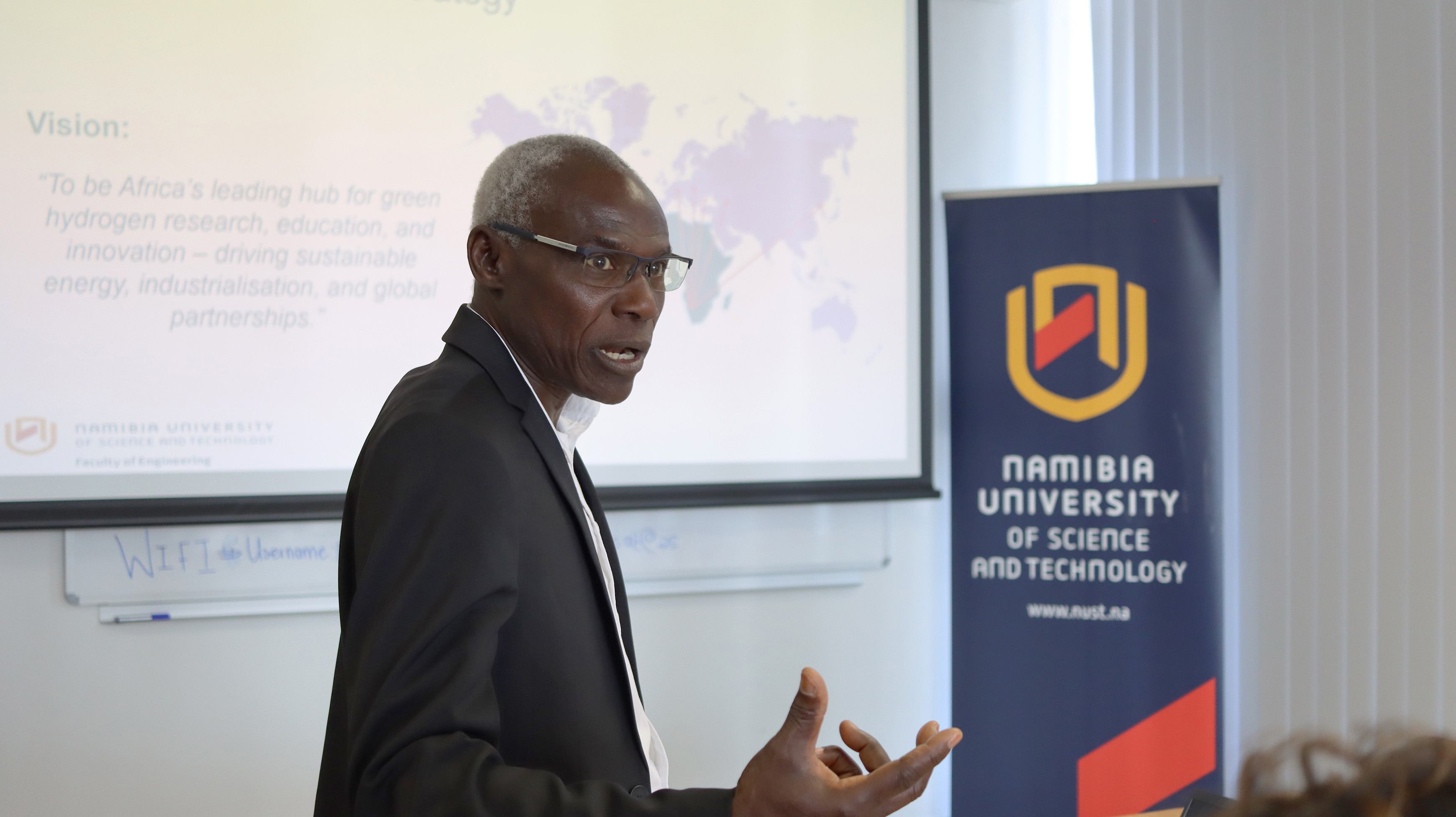
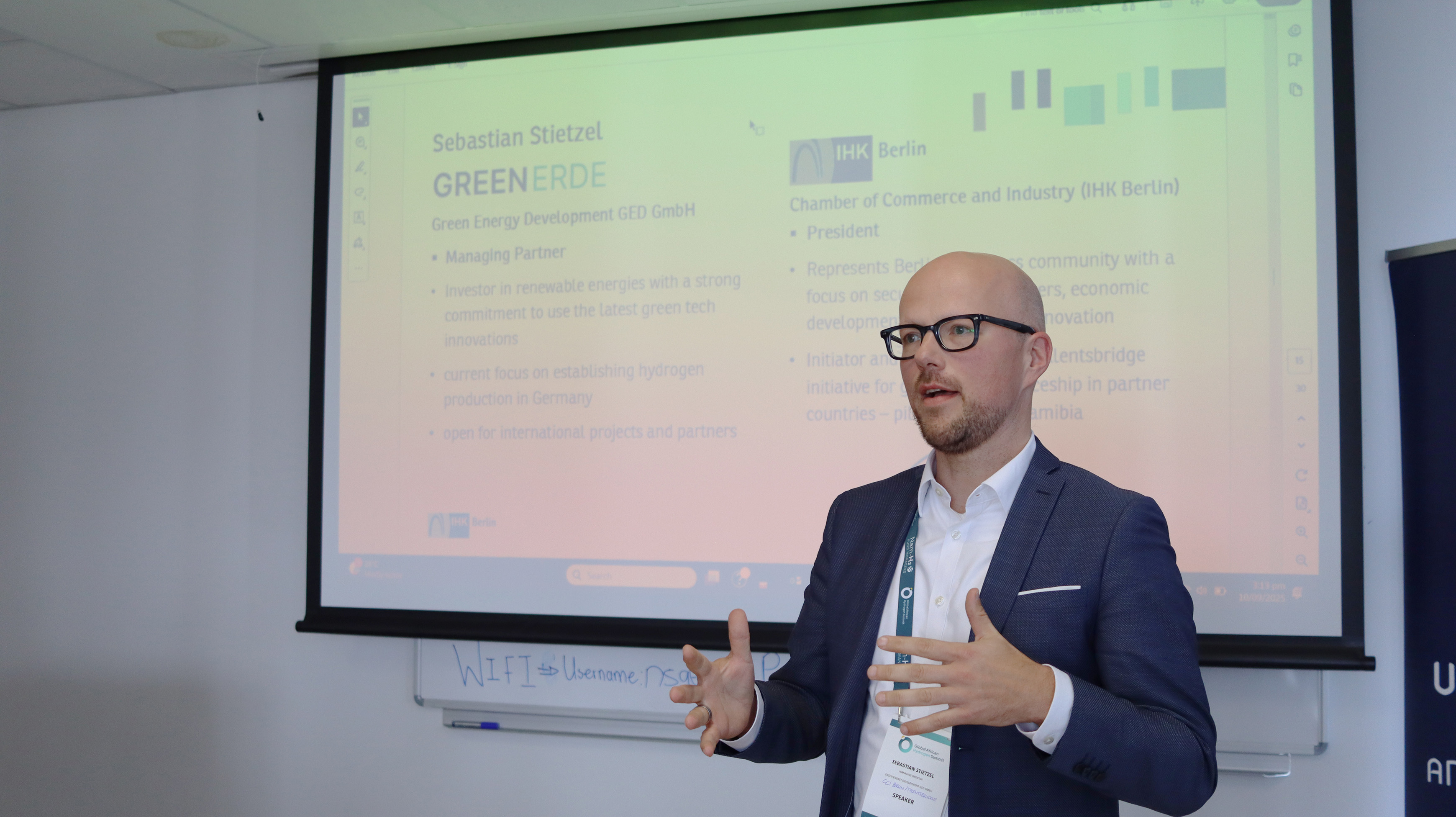
The visit also featured a Business Breakfast under the theme “Bridging the Skills Gap for a Greener Future.” The event brought together stakeholders in vocational training and skills development, focusing on opportunities for Namibians in the hydrogen economy. “NUST is committed to playing a pivotal role in the hydrogen sector,” said Prof Erold Naomab. “Through our Lüderitz Campus, students gain hands-on experience with industry projects, while the Namibia Energy Institute links research, policy, and education to industry needs.”
Prof Naomab further emphasised the importance of partnerships in bringing together world-class expertise. “Together, we can build a regional skills ecosystem that positions Southern Africa at the forefront of the global hydrogen economy.”
On their part, the delegation expressed admiration for NUST’s proactive approach, noting that Namibia’s vision for green hydrogen aligns strongly with Germany’s commitment to sustainable energy partnerships. They highlighted that initiatives like vocational training and academic-industry collaboration will be crucial to ensuring the benefits of the hydrogen economy are felt widely across communities.
